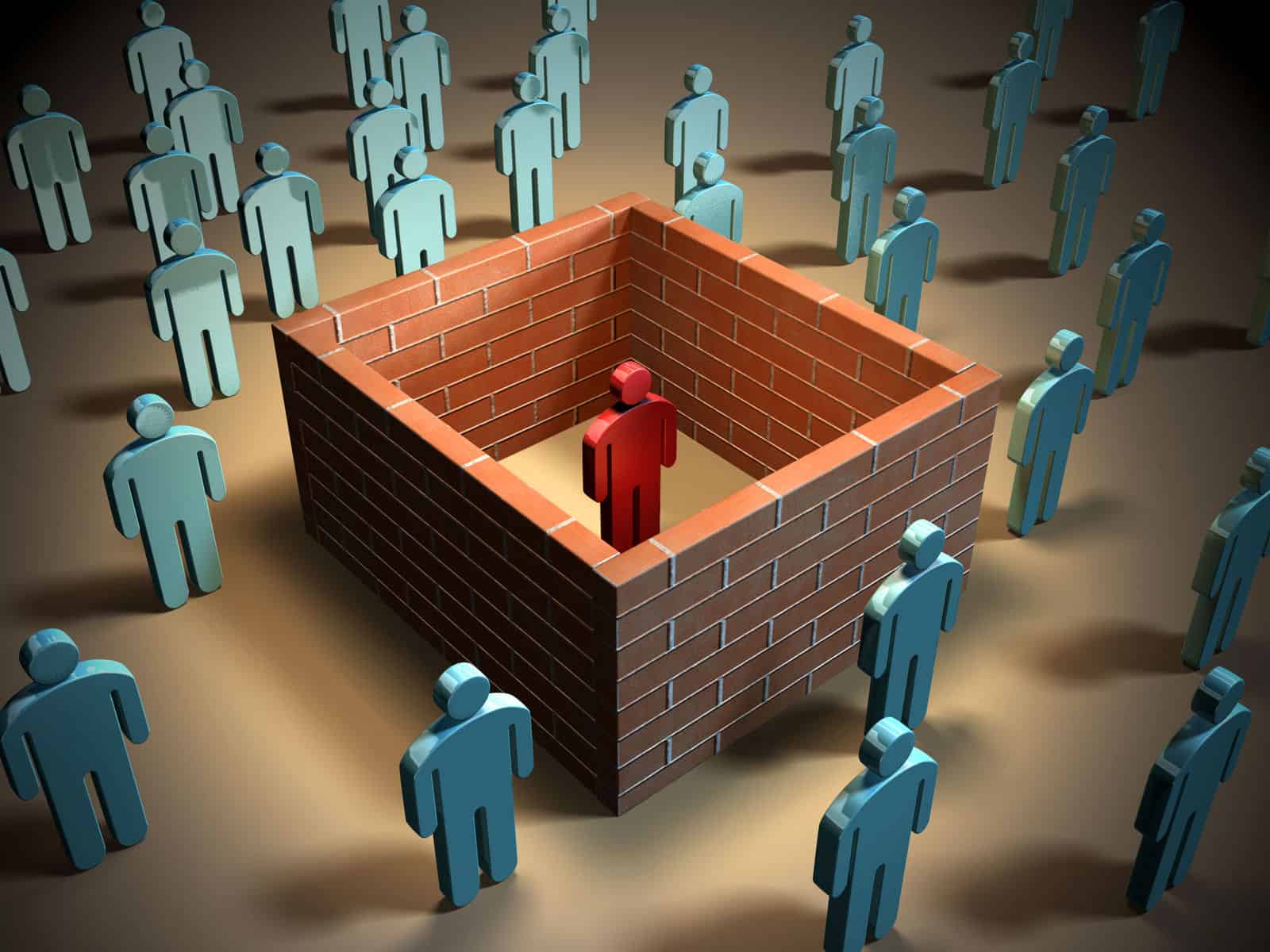“Misery loves company.” We hear it often...people who are suffering seek the company of others who are also suffering. But what happens after those people get together? Does their level of misery change? If you take a moment to compare times when you felt miserable (“sad”, “unhappy”, or “depressed”) versus when you’ve felt happy, what’s been different? If you’re like most people, you may notice a difference in the kind of company you have in each case.
Many people feel happiest and at peace when they’re in good company. The kind of company that treats you with acceptance, respect, dignity, kindness, and compassion. We feel connected, included, valued, and a part of something. On the other hand, those who feel the least happy (or most miserable) are likely existing in a very different group...one in which they feel isolated, alienated, lonely, judged, misunderstood, unappreciated, disrespected, and mistreated or abused.
For many of the people I see in therapy, circumstances like these are common for those living in unhappiness and discontent. So this begs the question...does misery really love company? After all the conversations I’ve had with people struggling with various degrees of misery, I lean toward the opposite: misery actually hates company.
Misery Thrives in Isolation
A lot of people I talk to who say they struggle with depression note that when things are at their worst, they are persistently isolated and feeling very much alone. Although this can be seen as a “chicken and egg” problem, it’s fair to say in a lot of contexts that the intense sense of dissatisfaction that often comes with depression may be a response to isolation, alienation, or social exclusion.
In fact, there’s a recent theory of addiction being prescribed that suggests the reason many people turn to substances like drugs and alcohol is because they feel disenfranchised. They’re struggling to feel that satisfying sense of connection that is often present when we’re feeling happy, and they use substances to cope. On top of that, when we look at how many people recover from substance abuse and addiction, we see how important supportive groups and communities are in that process. Twelve step programs like AA and NA can offer an accepting, positive social experience that stand in stark contrast to the sense of alienation and isolation that often accompanies substance use.
Social connectedness (or lack of it) is a good predictor of where we fall on the happiness/misery scale. The more we feel we belong, the more content we’re likely to feel. The more we feel alienated or excluded, the more likely we are to feel miserable and at odds with the world around us.
Why We Withdraw
When people have had negative social experiences, it makes sense for them to pull away from others. At first, isolation may seem like a preferable alternative to the hurt that could potentially come from getting close with others and have it end. Emotional pain never occurs in a vacuum... it’s always a response to something, and very often related to our interpersonal relationships. When we isolate ourselves from others, we diminish the likelihood of being hurt more than we already have. Our mind will tell us fear-provoking stories in order to protect us from harm. In therapy, people have described how they’ve withdrawn for a whole range of reasons:
They’ve been hurt too many times by others in the past;
They’re fearful of being judged or misunderstood;
They’re concerned for other people’s wellbeing, not wanting them to feel burdened by their suffering;
They anticipate rejection from others, and choose not to chance it;
Social withdrawal usually serves us in avoiding negative responses from others... like beating others to the punch. Pulling away from those who might do harm or exploit our vulnerability before they get the chance to do so. In this way, isolating serves to maintain our dignity and preserve what sense of emotional safety we have, without it being further damaged.
The Downside of Isolation
People who withdraw from their social relations often describe feeling stuck between a rock and a hard place. On one hand, if they go out on a limb and take a chance at reestablishing connections and social supports, they risk further rejection, judgment, or abuse. On the other hand, if they remain withdrawn, they’re left to deal with the sense of loss and sadness that comes with exclusion and longing for connectedness. Many people carry on functional lives despite their withdrawal, but can’t shake the feeling of longing for something more. We have no control over how other people treat us, which is part of the reason why many people withdraw. Seeking out a therapist in these times is brilliant because therapists are far more likely to meet you with compassion, acceptance, and understanding (and if not, you don’t have to look far to find one who is). The relationship people strike up with a therapist can be pivotal in helping shift away from isolation toward exploring the possibility of finding safe, meaningful connections with others.
If you, or someone you know, is struggling with feeling isolated and want help in working through the process described above, consider contacting me at (717) 288-5064 / gregghammond@restoringbalancelancaster.com and schedule an appointment today.



